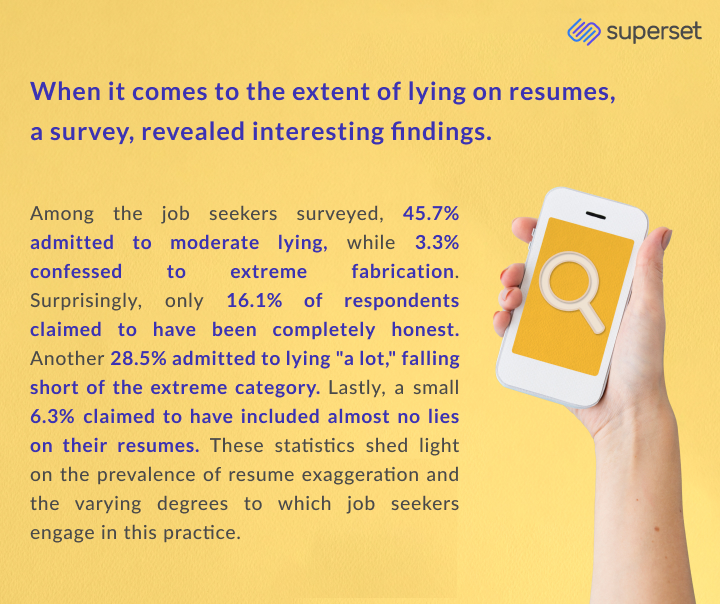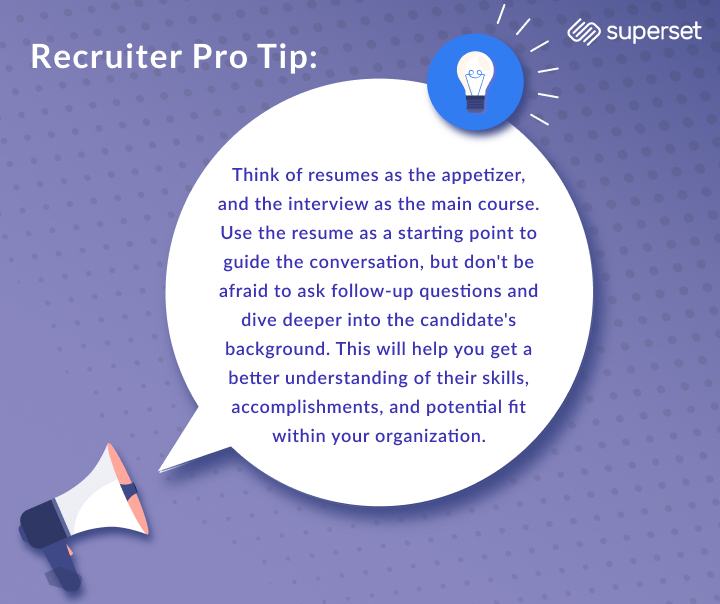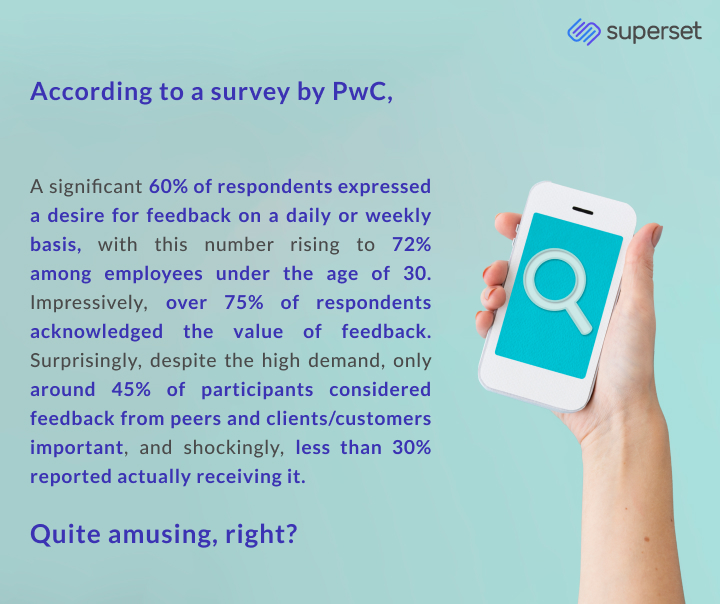Ah, the interview process – the nerve-wracking, make-or-break moment for both job seekers and employers.
But have you ever stopped to wonder if your online recruiting feels more like a chore than an exciting opportunity to meet potential candidates?
That you’re going through the motions and not getting the information you need from candidates?
If yes, then it might be time to conduct an audit of your interview process. Like any other business process, evaluating and refining your interview process is essential to ensure it’s still working effectively for you. After all, a bad interview process can result in missed opportunities, hiring the wrong person, and even damage to your company’s reputation.
But fear not, as we’ve got you covered!
This article explores common interview process problems and provides actionable solutions to help you interview like a pro. So, let’s dive in and get you on track to finding your next great hire!
Let’s have a look.
What’s wrong with your interview process and how to fix it?
1. Lack of preparation
What does this mean?
As an esteemed interviewer in the campus recruitment process, you hold high expectations for candidates who invest time and effort in preparation before stepping into the interview arena. However, it is equally vital for you, as the interviewer, to mirror that commitment.
One of the most significant mistakes made during interviews is a lack of preparation. Failure to prepare can lead to one of the most significant interview mistakes. Employers who embark on an interview journey without thorough preparation may overlook pertinent details, miss the opportunity to ask relevant questions or render evaluations that lack coherence.
How to fix it?
- Dive into the candidate’s CV: Immerse yourself in the candidate’s CV, extracting noteworthy points that pique your interest. These serve as valuable prompts to explore further during the interview and gain deeper insights into their background.
- Define comprehensive criteria: Take the time to establish clear and detailed criteria outlining the desired skills, experience, personality traits, and cultural fit you seek in a candidate. Creating a checklist can help you navigate the interview smoothly while ensuring all aspects are evaluated.
- Master the job description: Familiarize yourself with every intricate detail of the job description. Anticipate that candidates will inquire about the role and is well-versed in its specifics reflects your preparedness and allows you to provide informed answers.
2. Unclear expectations
What does this mean?
Employers, sometimes you miss out on the crucial pieces of the virtual hiring process like:
- Mentioning the clear details about the position,
- What’s the interview process like?
- How’s the company culture?
- Is it a full-time position or a part-time?
- What are the main tasks and responsibilities?
And guess what? This lack of clarity can push candidates to reject job offers or withdraw their applications altogether. Yikes!
How to fix it?
- Provide clear position details: Ensure candidates comprehensively understand the job’s nature, requirements, and responsibilities.
- Clarify the interview process: Communicate the number of rounds, interview types, and any additional assessments involved in the selection process.
- Share insights on company culture: Offer information about the work environment, values, and team dynamics to help candidates assess their fit within the organization.
- Specify position type: Clearly indicate if the position is full-time, part-time, or contract-based to help candidates evaluate its compatibility with their preferences and availability.
- Outline main tasks and responsibilities: Clearly define the primary duties and expectations associated with the role to give candidates a clear picture of what it entails.
3. Biases
What does this mean?
Unconscious biases can also negatively impact the interview process. Hiring managers may inadvertently make assumptions about candidates based on their age, gender, ethnicity, or other characteristics.
Recruiters, let’s face it, we all have our biases, and they can negatively impact the interview process by making assumptions about candidates based on their age, gender, ethnicity, or other characteristics.
But here’s the thing, you can’t let personal preferences cloud your judgment when it comes to hiring.
How to fix it?
- Embrace Awareness: Recognize that biases exist and that they can influence our decision-making. By acknowledging them, we take the first step towards combating their impact.
- Use of recruitment platform: Virtual recruitment platforms can help minimize biases by providing an objective and data-driven approach to candidate evaluation. These platforms utilize algorithms and machine learning to assess candidates solely based on their qualifications and skills, without any influence from personal biases. By leveraging this platform, you can ensure a fair and unbiased selection process, promoting diversity and inclusivity in your hiring decisions.
- Create Structured Interviews: Develop a consistent set of interview questions that focus on assessing relevant skills, qualifications, and experiences. This helps ensure that all candidates are evaluated based on objective criteria, reducing the influence of biases.
- Diverse Interview Panels: Invite diverse interviewers to participate in the hiring process. Different perspectives can offer a broader assessment and minimize the impact of individual biases.
4. Poor communication
What does this mean?
Poor communication during the campus hiring process can have detrimental effects on both employers and candidates. When employers fail to communicate with candidates effectively, it can leave them feeling confused and frustrated and ultimately impact the overall experience.
How to fix it?
- Be Clear and Transparent: Ensure all communication with candidates is clear, concise, and transparent. Clearly outline the interview process, expectations, and any relevant details they need to know.
- Timely Updates: Keep candidates informed throughout the process. Provide timely updates, especially if there are any delays or changes in the schedule. This helps candidates stay engaged and feel valued.
- Provide Feedback: After each stage of the interview process, provide constructive feedback to candidates. This helps them understand their strengths and areas for improvement and demonstrates your commitment to open communication.
- Active Listening: During interviews, actively listen to candidates and ask follow-up questions. This shows genuine interest and fosters a positive rapport. Pay attention to non-verbal cues and ensure your communication is two-way.
- Establish Clear Channels: Clearly communicate the preferred method of communication (e.g., email, phone) and promptly respond to candidate inquiries. This sets the tone for effective communication and demonstrates professionalism.
5. Inappropriate questions
What does this mean?
Inappropriate questions during interviews can quickly derail the hiring process and create discomfort for candidates. These questions may touch on personal and sensitive topics such as marital status, religion, or sexual orientation, which are inappropriate and potentially illegal.
How to fix it?
- Train interviewers on legal and ethical practices.
- Use structured interviews with job-related questions.
- Establish clear guidelines on off-limits questions.
- Foster an inclusive and respectful culture.
- Provide resources for appropriate questioning.
6. Relying too much on resumes
What does this mean?
Employers may rely too heavily on resumes and not ask probing questions to learn more about the candidate’s experiences and qualifications.
Listen up, recruiters! Imagine resumes are like the tip of the iceberg—what you see on paper is just the beginning. But sometimes, we get so caught up in the surface-level details that we forget to dive deeper to learn more about the candidate’s experiences and qualifications.
Think about it: relying too much on resumes is like judging a book by its cover. Sure, it gives you a glimpse of the plot, but a whole world of experiences, skills, and passions is waiting to be explored beneath the surface!
According to a study, 78% of job seekers lie on their resumes.

How to fix it?
- Unleash Your Curiosity: Be a detective of talent! Look beyond the resume and ask probing questions that unravel the candidate’s journey. Dive into their experiences, challenges they’ve overcome, and their unique perspectives.
- Role-Play Time: Get creative and throw some hypothetical scenarios their way. This showcases their problem-solving skills and gives you a glimpse of their personality and how they think on their feet.
- Team Spirit: Don’t forget to assess how candidates fit into your team’s dynamic. Ask them about their collaboration experiences and how they contribute to a positive team environment.

7. Rushed interviews
What does this mean?
Zooming through interviews at lightning speed, employers sometimes miss the chance to delve deeper and truly unravel each candidate’s potential. They may find themselves frantically flipping through their question list, not giving enough time for meaningful conversation in the campus hiring process.
Imagine a fast-paced race where time flies by in a blur, leaving little room to ask meaningful questions or conduct a thorough evaluation. It’s like trying to capture the essence of a symphony in a mere heartbeat!
How to fix it?
- Schedule Sufficient Time: Allocate an appropriate amount of time for each interview session, allowing for a structured and unhurried conversation. This enables both the interviewer and candidate to engage in a meaningful exchange, fostering a deeper understanding of the candidate’s abilities.
- Prepare Thoughtful Questions: Develop a well-thought-out list of questions in advance, tailored to gather insights about the candidate’s skills, experiences, and alignment with the job requirements. This ensures a focused discussion and facilitates a comprehensive evaluation.
- Active Listening: Cultivate active listening skills to fully comprehend the candidate’s responses, observing the content and nuances of their communication. This attentive approach helps uncover valuable information and allows for a more accurate assessment.
- Prioritize Key Competencies: Identify the key competencies and qualities required to succeed in the role, enabling a targeted evaluation of these areas. This ensures that critical aspects are thoroughly explored within limited time constraints.
8. Lack of feedback
What does this mean?
Imagine the anticipation and curiosity that candidates feel after an interview, eagerly awaiting a glimpse into their performance, only to be met with silence. Employers may unintentionally neglect the crucial step of providing feedback, leaving candidates frustrated and uncertain.

How to fix it?
- Timely Feedback: Recognize the importance of timely feedback and prioritize providing candidates with constructive insights as soon as possible. This demonstrates respect for their time and effort while allowing them to grow and learn from the experience.
- Clear and Specific: Ensure that the feedback is clear, specific, and focused on the candidate’s performance during the interview. Highlight their strengths and areas for improvement, offering actionable suggestions they can utilize in their future endeavors.
9. Overlooking soft skills
What does this mean?
Let’s talk about a common pitfall that recruiters might stumble upon during the campus hiring process. Sometimes, they get so caught up in the technical skills that they forget about the super important soft skills like teamwork, communication, and problem-solving.
Sure, their powers are important, but what makes them unbeatable is their ability to work together, communicate effectively, and think on their feet.
How to fix it?
- Expand Your Evaluation Criteria: When assessing candidates, create a checklist including technical and soft skills. This will help you keep a balanced perspective and give due importance to qualities like collaboration, effective communication, and adaptability.
- Behavioral Questions: Incorporate behavioral questions into your interviews to gauge a candidate’s soft skills. Ask about their experiences working in teams, handling challenging situations, or resolving conflicts. Their responses will provide insights into their interpersonal abilities and problem-solving approach.
Conclusion
Getting the interview process right is essential to finding the right candidates for your organization.
They say the interview holds the key to discovering the extraordinary talents that can make your business soar and even bring you a fortune. However, this gateway is filled with challenges and stumbling blocks.
Therefore, to secure a prosperous future for your business, it is crucial to master the art of the virtual interview process.
Your organization deserves nothing less than the absolute best individuals, so invest the time and effort to examine and refine your interview practices carefully.
Believe me; it’s an investment that will pay off in abundance!
By the way, if you want to conduct 55% more interviews per day, conduct assessments, have virtual interviews, and provide feedback at once without any hassle, try Superset- New-age Campus Hiring Automation & Engagement Platform for all your hiring needs.
Contact us and schedule a demo with our experts today.








